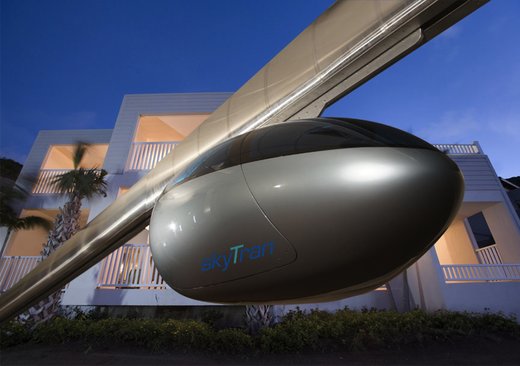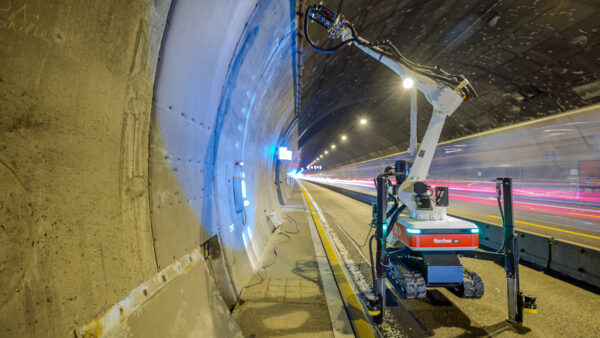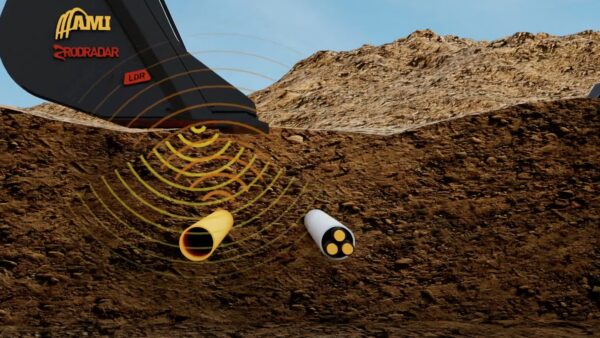21 August 2013
People whizzing around in flying pods may sound like something from the 1960s television show The Jetsons, but the construction and operation of such a system is planned in Israel for as early as 2014, writes Ayshe Ismail.
Tel Aviv is set to become the world’s first city to try a magnetic levitation mass-transit system, SkyTran.
It consists of pods slung from monorails, levitated by magnets and controlled by computers.
Magnets in the vehicle create a powerful field around the metal coil inside the rail, causing the vehicle to levitate, while adjustments to the current move the vehicle forward – a system long proven by Shanghai’s Maglev rail link.
Developed by engineers from NASA’s Ames Research Center and the privately held SkyTran company, the Tel Aviv scheme aims to install a “physical internet” in the city to ease congestions and make travel fast, green and safe.
SkyTran is now working with the government of Israel and the municipality of Tel Aviv to get regulatory approval.
SkyTran hopes this will happen quickly and that construction of the first track, a four-mile line between Atidim Park, the existing train station at Tel Aviv University and a district in the city’s north end will begin in the first quarter of 2014.
Jenkins Gales & Martinez have been hired as the civil engineering firm to work on the project.
Chairman and CEO of SkyTran, Jerry Sanders, said: “SkyTran is the fastest, least expensive and most energy efficient form of transportation available. It offers all congested city dwellers the promise of efficient, private transportation, one that does not stop at other stations, does not get stuck in surface traffic and that follows each passenger’s own schedule.

Artist’s rendering of a SkyTran pod (www.skytran.net)
“It is a private limo for the cost of a bus ticket.”
The pods would end overcrowded commutes on trains and buses. Each pod holds two people, giving commuters a private place to work or watch movies as they travel.
Rather than making multiple stops on the way to a destination, travelers are taken directly to their destination with the pods pulling over on side tracks to pick up and discharge passengers so they don’t slow those behind them.
Passengers would be able to order rides and set their destination via their smart phone.
Unlike fossil-fuel-powered vehicles, SkyTran’s system can be powered by clean energy sources such as solar and wind because a burst of power is needed only for levitating the pod.
Magnetic levitation reduces friction so the pod can efficiently reach speeds of up to 150 miles per hour – though SkyTran says the pods would go slower until passengers get used to the high speeds.
The system would also be practically silent without the roar of internal combustion engines or the clatter of metal wheels on rails.
According to SkyTran, the system can be built safely, cheaply and efficiently, previously quoting to BBC Horizon a cost of less than $10m per mile of track.
See more at SkyTrans






